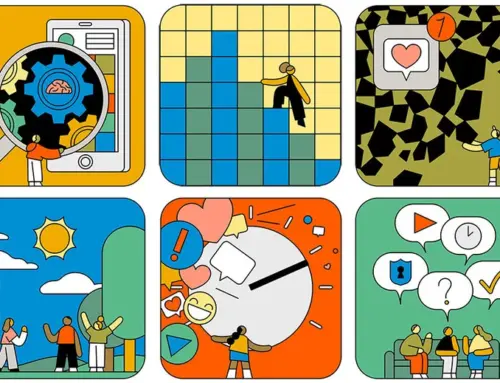The Salem News
January 2015
Bob Bordonaro
Ebola is a terrifying disease, but only 10 cases have been reported in the U.S. Two people have died.
In contrast, as many as 24 million Americans have eating disorders, according to the National Association of Anorexia Nervosa and Associated Disorders (ANAD).
Ongoing media attention has, understandably, focused on ebola, as the 2014 epidemic was the largest ever for the disease, which spread throughout West Africa. Google “Ebola” and you’ll get 251 million results. In contrast, eating disorders are a silent epidemic that has been with us for many years. Google “eating disorders” and you’ll get 27.9 million results, which is just over a tenth of the results for ebola.
Eating Disorder Awareness Week, which is Feb. 22 to 28, may bring added attention to eating disorders, but the light it shines on the disease is relatively faint, compared with the attention given to other life-threatening illnesses.
One reason eating disorders don’t receive more attention is that those who have eating disorders tend to be secretive about them. They are often ashamed of their illness or they want to hide it. Only 10 percent of individuals with eating disorders seek and receive treatment, according to the ANAD.
In addition, they may not receive as much media attention because there is a lack of knowledge about how dangerous eating disorders can be. Many people still think of eating disorders as a co-ed fad or behavioral problem that individuals will grow out of or somehow just stop. They rarely do.
More focus needed
Greater attention to eating disorders could save lives. With proper treatment, many people with eating disorders recover. Without treatment, patients often suffer severe medical and psychological damage; sometimes they die.
Death rates for those with anorexia, in which patients have a distorted image of their body and take extreme measures to avoid eating, were estimated at 17 percent in a 2003 study — and a majority of those deaths are the result of suicide, according to the Eating for Life Alliance.
Likewise, binge-eating disorder, in which patients eat large quantities of food uncontrollably, often leads to obesity and its associated medical conditions, such as heart disease, hypertension and Type 2 diabetes.
Bulimia, the third major eating disorder, in which patients typically binge on food then purge or take other measures to prevent weight gain, is no less dangerous and difficult to overcome. It can, for example, cause a severe electrolyte imbalance.
While many people think of college-age women as being affected, eating disorders can afflict both men and women of all ages across many cultures, and they are increasingly common in adolescents.
A majority of patients with eating disorders also suffer from other psychological disorders, such as depression, anxiety and post-traumatic stress disorder. In addition, the incidence of substance abuse among patients with eating disorders is five times higher than it is in the general population, according to the National Eating Disorders Association, which notes that half of the population with eating disorders also abuses drugs, alcohol or both.
Most of us know people with eating disorders. You may not be aware that a person you know has an eating disorder, especially if the person has bulimia, but maybe you’ve been pretending not to notice.
It’s time to notice. Doing so can save a life. The longer a person goes without treatment, the more difficult it will be for the person to recover, so if you know someone with an eating disorder, discuss it and encourage her or him to seek treatment.
Unlike ebola, eating disorders are not contagious. But they are both dangerous, life-threatening diseases. If someone you knew had ebola, what would you do? It would be unthinkable for you to ignore it. The same should hold true if someone you know has an eating disorder.
Bob Bordonaro is the program Director at Walden Behavioral Care’s Peabody clinic.






